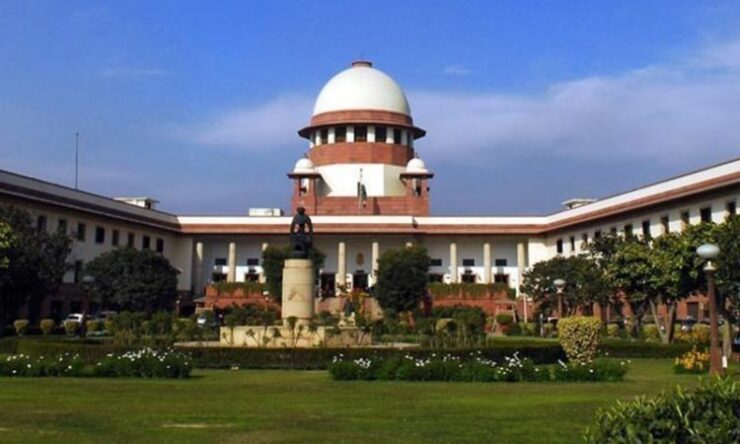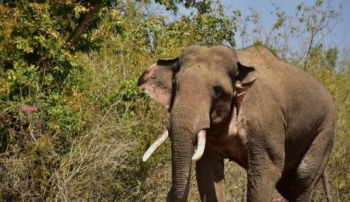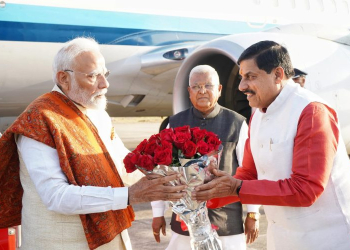New Delhi: The Supreme Court on Wednesday said it would examine the plea to extend benefits of reservation to Dalits converted to Christianity and Islam in January, after the Centre submitted that it had appointed former Chief Justice of India (CJI) K.G. Balakrishnan to head a commission to examine the claims.
Solicitor General Tushar Mehta, representing the Centre, contended before a bench headed by Justice Sanjay Kishan Kaul that the Centre did not accept Justice Ranganath Misra Commission report of 2007, which recommended for recognising Dalits in Christianity and Islam as well as the commission’s report was “flawed”.
Advocate Prashant Bhushan, representing one of the petitioners, submitted that discrimination on the basis of religion is entirely unconstitutional and the Dalits in Hinduism, Sikhism, and Buddhism were included for reservation but others were not. Bhushan said Justice Ranganath Mishra Commission has already said this is discriminatory.
The bench, also comprising Justices Abhay S. Oka and Vikram Nath, said the court would first consider whether it should wait for the report of the commission headed by former CJI or decide the issue on the basis of available materials.
Senior advocates C.U. Singh and Sanjay Hegde, appearing for other petitioners, supported the plea by Bhushan. However, Mehta contended that a member of Scheduled Castes, if converted to Christianity, assumes a new name, identity, and title on assumption that he would become more acceptable.
The bench noted that this must be predicated on the premise that the caste system was part of Hinduism. Mehta further added that in October this year, the Centre appointed a commission under chairmanship of CJI Balakrishnan (retired) to examine the issue, since it did not accept Justice Ranganath Misra Commission report. In the context of a new commission to examine the claims, Bhushan said this would further delay the adjudication of the matter.
The commission, headed by the former CJI, also comprises retired IAS officer Dr Ravinder Kumar Jain and Prof Sushma Yadav (member, UGC), as members. According to a government notification, the commission will examine the matter of according Scheduled Caste (SC)status to new persons, who claim to historically have belonged to the Scheduled Castes, but have converted to religion other than those mentioned in the presidential orders issued from time to time under article 341 of the Constitution.
After hearing arguments, the top court said it will hear the matter in January 2023, and examine whether it should wait for justice Balakrishnan’s report or decide the matter on the basis of available materials.
In November, the central government, in its written response, had told the Supreme Court that plea seeking Scheduled Caste status to Dalits, who converted to Christianity and Islam, should not be allowed, since they did not suffer from untouchability.
On August 30, the apex court had asked the Centre to clarify its stand in the matter on the petitions filed by the ‘National Council of Dalit Christians’ and others. The Central government, in a written response, said: “The Constitution (Scheduled Caste) Order, 1950 was based on historical data which clearly established that no such backwardness or oppression was ever faced by members of Christian or Islamic Society.”
The government further added that one of the reasons for which people from Scheduled Castes are converting to religions like Islam or Christianity, is to come out of the oppressive system of untouchability, a social stigma, which is not prevalent in either in Christianity or Islam.
(IANS)



















